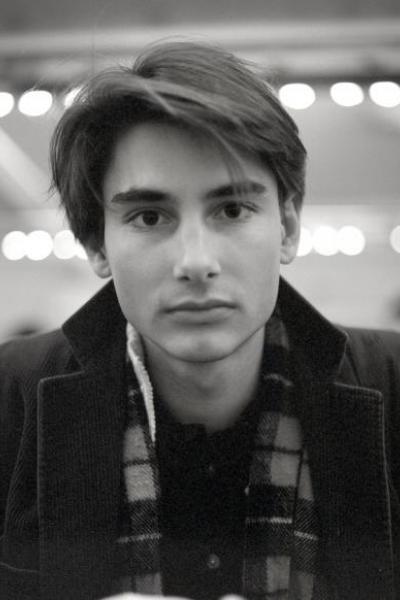2012
2013

The poems in this winter’s showcase invoke the beginning and the end of poetry in the same breath. The challenge for Matthew Gasda’s readers is to go through the contradictions of his poetry without resolving them, finding the way with the help of the poems themselves and not with a hard and fast explanation. Fortunately, these poems do not aim to confound. What they desire more than anything is to be basic, to search, as the poet writes in the opening lines of “The Humanist,” for “the anti-clarity which is the clarity of being.”
Gasda’s writing is a poetic “freezing” of the experience of having to endure anti-clarity and clarity without hope of resolution. Poetry, he seems to argue, can occupy antithetical meanings in a single instant. It can feel like a kenosis, an impassioned emptying of the self, and yet once it has emptied its last, poetry is but the reminder of “the terrible humanity/We recognized in ourselves.” Reading Gasda, one is forever in oscillation between being thrilled and being mournful, falling in love and falling into regret. As a poet, he seems to be working on the challenge of finding a place to begin a life that began without his consent but which nevertheless beckons him to hurtle humanely through it.
Without directing you too much, one possible path you might take through this showcase is to read the first and last poems as the opposite ends of a winter that is advancing backwards. “The Humanist” erupts like the beginning of spring until, in the ensuing poems, the reader is borne backward into the dead of winter – into a world of cold moons, cold oceans, and dim mornings. Not until the final poem, “From the Etruscans,” do things begin to warm up again and take on a reparative feel, as Gasda leaves us with the thought of “the masons build[ing]/A ladder into the warm darkness/To repair the tiles of the moon.”
Whichever path you take, Gasda would not want you to overcomplicate the matter. If you find yourself at all perplexed while reading, try to remember: “Poetry is simple compared to living,/Something you may rearrange until/It no longer resembles what you felt.”
